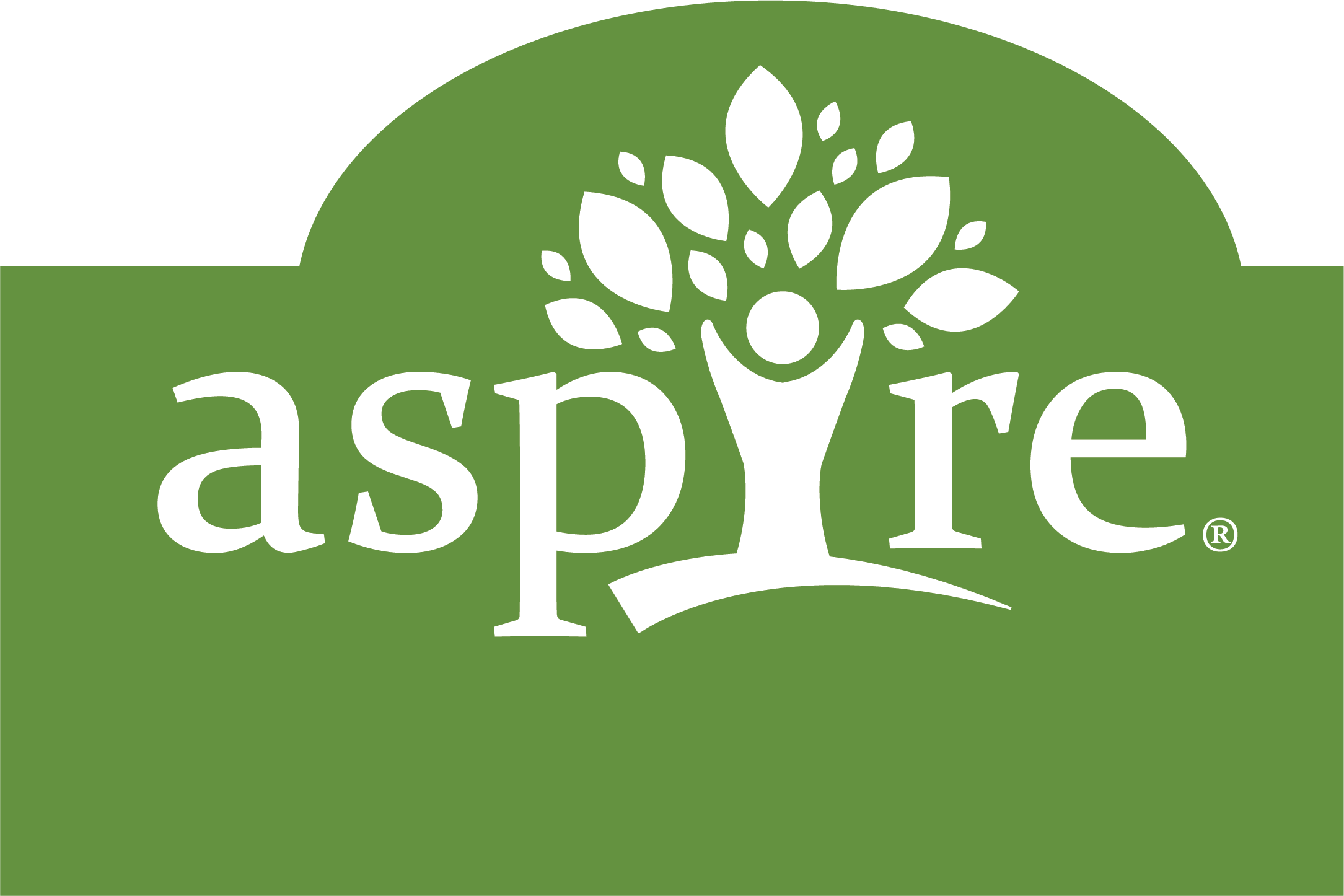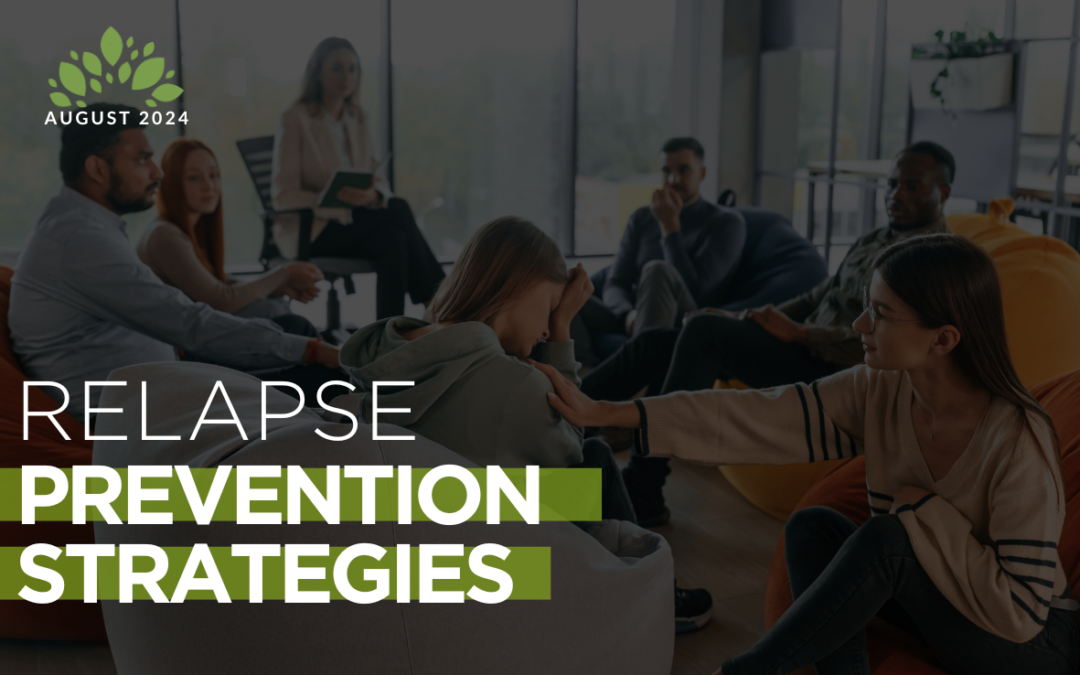Relapse is a common and challenging part of the addiction recovery journey. Understanding and preparing for potential setbacks is crucial to maintaining long-term sobriety. This blog will explore key strategies for relapse prevention, including identifying triggers, developing coping mechanisms, and maintaining a healthy lifestyle. At Aspire, our dedicated team provides personalized support and evidence-based therapies to help individuals navigate these challenges. With our comprehensive approach, we empower clients to build resilience and achieve lasting recovery.
Understanding Relapse
Relapse can be defined as a return to substance use after a period of abstinence. It typically occurs in three stages: emotional, mental, and physical. Emotional relapse involves feelings and behaviors that set the stage for a potential relapse, such as isolation or irritability. Mental relapse includes battling thoughts about using substances again, while physical relapse is the actual return to substance use.
Common misconceptions about relapse often label it as a failure. However, it’s essential to view relapse as part of the recovery process. Understanding and learning from a relapse can strengthen one’s resolve and enhance future prevention. At Aspire, we support individuals in reframing their perspective on relapse, fostering growth and continued progress on their recovery journey.
Identifying and Avoiding Triggers
Triggers are internal or external stimuli that provoke the urge to use substances. They vary widely among individuals but generally fall into three categories: emotional, environmental, and social.
Common triggers include stress and anxiety, which can lead to cravings, and social situations and peer pressure, where being around others who use substances can be tempting. Negative emotions like sadness or anger can drive one to seek solace in substance use, and environmental cues such as places, people, or situations associated with past substance use can act as powerful triggers.
To avoid triggers, create a trigger diary to track personal triggers and identify patterns. Develop a plan to avoid high-risk situations and set boundaries to minimize exposure to triggers. It’s also helpful to avoid places or people that may encourage substance use.
Developing Coping Mechanisms
Healthy coping strategies include mindfulness and meditation practices, which can reduce stress and increase self-awareness. Regular exercise and physical activity can boost mood and overall well-being, while creative outlets such as art or music can provide a therapeutic and productive escape.
Cognitive behavioral techniques involve challenging negative thoughts and replacing them with positive, constructive ones. Developing problem-solving skills equips individuals to handle stress and challenges effectively. Building a strong support network is also crucial. Having supportive friends and family, joining support groups, and attending therapy sessions can provide valuable support and accountability.
Maintaining a Healthy Lifestyle
A balanced diet is essential for maintaining mental and physical health. Certain foods can improve mood and energy levels. Regular exercise benefits mental health and reduces stress, and finding ways to incorporate physical activity into your routine is important. Good sleep hygiene is crucial for overall health, so develop habits that promote restful sleep. Establishing a daily routine provides stability and reduces uncertainty, and setting and celebrating realistic goals can boost motivation.
Professional Help at Aspire
If someone is struggling with a mental health condition, professional help is available. At Aspire, experienced therapists and counselors provide the support and guidance needed to navigate these challenges. The unique challenges men face when it comes to mental health are understood, and compassionate and confidential care ensures a safe environment for expressing thoughts and feelings. Personalized treatment plans are tailored to specific concerns and goals, whether one-on-one therapy, group sessions, or family counseling are needed. Expertise in men’s mental health, combined with evidence-based approaches such as cognitive-behavioral therapy and mindfulness techniques, helps one develop coping strategies and improve emotional well-being. Don’t hesitate to reach out and begin the journey to wellness with Aspire.
Myself
A Loved One
A Teen

Planting Seeds, Saving Lives
Copyright © 2026 Aspire Counseling Services® | Privacy Practices | Terms and Conditions | Powered & Designed by Citryn, LLC

MENU
LOCATIONS

